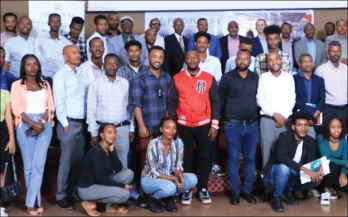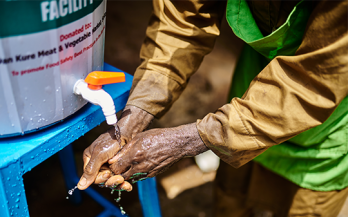


EatSafe in Nigeria Baseline Assessment
- 06/03/2023
As part of EatSafe's effort to evaluate the impacts of food safety behavior change interventions, this report summarized food safety behaviors and behavior drivers across four food safety macro-indices, assessed via structured surveys of vendors and consumers in Nigeria.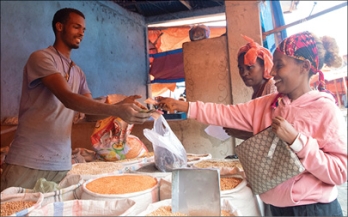
EatSafe in Ethiopia Baseline Assessment
- 07/08/2023
As part of EatSafe's effort to evaluate the impacts of food safety behavior change interventions, this report summarized food safety behaviors and behavior drivers across four food safety macro-indices, assessed via structured surveys of vendors and consumers in Hawassa, Ethiopia.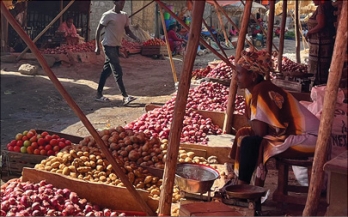
Food Safety Hazards and Risk Associated with Fresh Vegetables
- 02/10/2023
EatSafe collected samples of three nutritious commodities to assess the relative exposure and risk of foodborne illness from consuming tomatoes, kale, and lettuce sold in traditional food markets in Southern Ethiopia.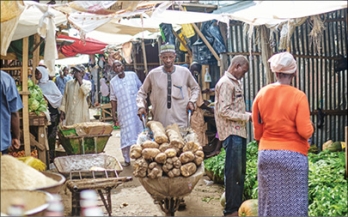
Food Safety, Traditional Markets, and Consumer Demand in Low- and Middle-Income Countries: A Landscape Synthesis
- 09/11/2023
The scope of this review focused on traditional markets, which provide millions of people with nutrient-rich commodities like animal-source foods and fresh produce. However, these same foods are the leading cause of foodborne disease globally. The research, based on insights from 11 literature reviews, revealed that there is a strong connection between food safety, nutrition, and health. To address these issues, a food systems approach is required.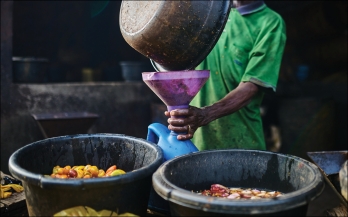
Food Safety: The Biggest Development Challenge You’ve Never Heard Of
Virtual, Global
On October 31, join us for this exclusive, virtual screening and fireside chat of EatSafe’s latest film, Food Safety: The Biggest Development Challenge You’ve Never Heard Of.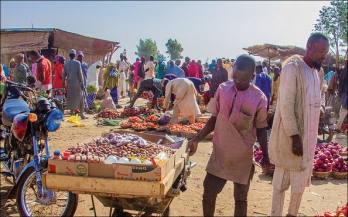
Where supply and demand meet: how consumer and vendor interactions create a market, a Nigerian example
- 18/08/2023
In this paper, EatSafe examines the process of “making a market” through a case study of vendors and consumers, using in-depth interviews, in Birnin Kebbi, Nigeria. Results demonstrate that market transactions are influenced by a complex interaction of vendors’ norms on competition and collaboration, consumers’ needs for credit amid unpredictable prices and restrictive gender norms, and a “moral economy” that appears to guide market actors’ behavior.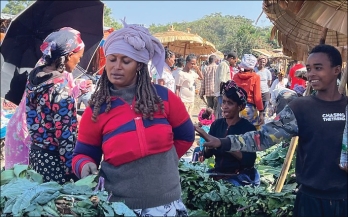
EatSafe Interventions in Ethiopia
- 06/09/2022
To increase consumer demand for improved food safety, EatSafe is testing three interventions that seek to change consumers and vendor behaviors in a traditional food market in Hawassa, Ethiopia.
Perspectives on food safety across traditional market supply chains in Nigeria
- 14/06/2023
EatSafe interviewed producers, processors, transporters, storage providers, and wholesalers of six food commodities to understand perceptions and actions related to food safety hazards across Nigerian food supply chains.